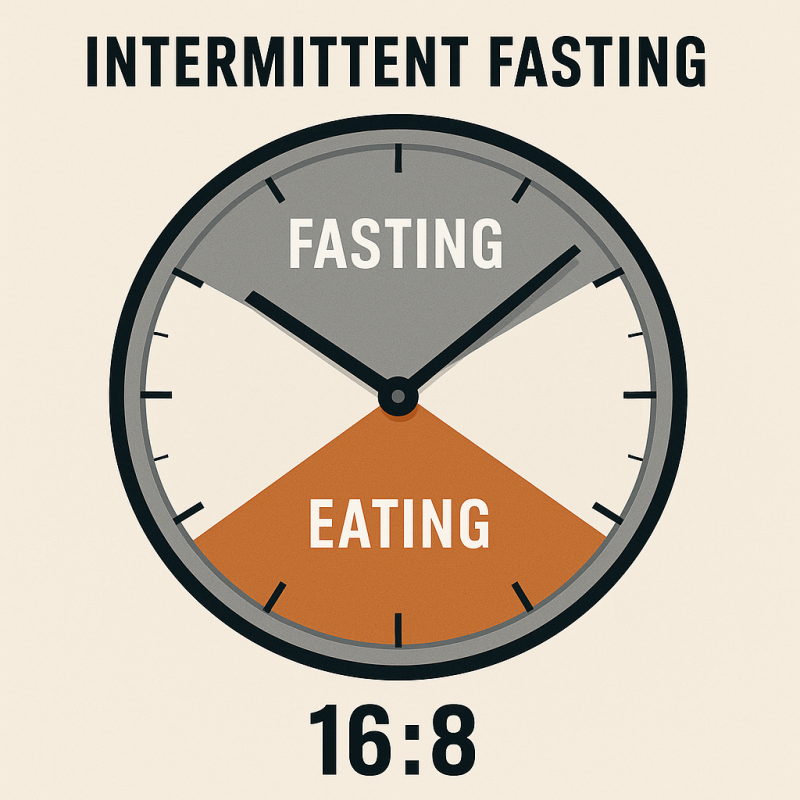
The Hard Truth About Fasting — Why Going Without Can Give You More Than You Lose
Fasting isn’t a fad. It’s a tool. For men who want results — less fat, more focus, better health markers, and a sharper mindset — fasting cuts through noise and forces the body to adapt. This isn’t spiritual fluff. It’s practical, brutal, efficient. Here’s what it does for you.
1. Burns fat, protects muscle
When you remove constant grazing, your body shifts from burning glucose to burning stored fat. Intermittent fasting helps lower insulin and increases growth hormone pulses — a combo that promotes fat loss while protecting lean mass when you train hard and keep protein up.
2. Improves insulin sensitivity
Less frequent eating means fewer insulin spikes. That lowers blood sugar stress and improves how your body handles carbs when you do eat. For guys fighting weight gain or metabolic issues, fasting is one of the fastest ways to reset insulin response.
3. Boosts mental clarity and focus
Many people report clearer thinking, better concentration, and steadier energy during fasts. When your body isn’t constantly digesting, it reallocates energy to the brain. Ketones produced during longer fasts are a clean fuel for cognition.
4. Triggers cellular cleanup (autophagy)
Fasting activates autophagy — the body’s process of recycling damaged cells and proteins. That’s repair, not just rest. It’s linked in research to improved cellular health and resilience, which matters for aging well.
5. Reduces inflammation and improves recovery
Short-term fasting lowers inflammatory markers. Less inflammation equals faster recovery from training, better joint health, and reduced risk factors for chronic disease. It’s like turning down the volume on physiological wear and tear.
6. Simplicity and discipline
Less time spent planning meals = more time training, building skills, working the grind. Fasting disciplines your appetite and strengthens willpower — carryover that helps in the gym and in life.
7. Supports longevity markers
Animal studies and emerging human data link regular fasting patterns to markers associated with longer, healthier life. It’s not magic, but it’s a legitimate strategy in the longevity toolbox.

